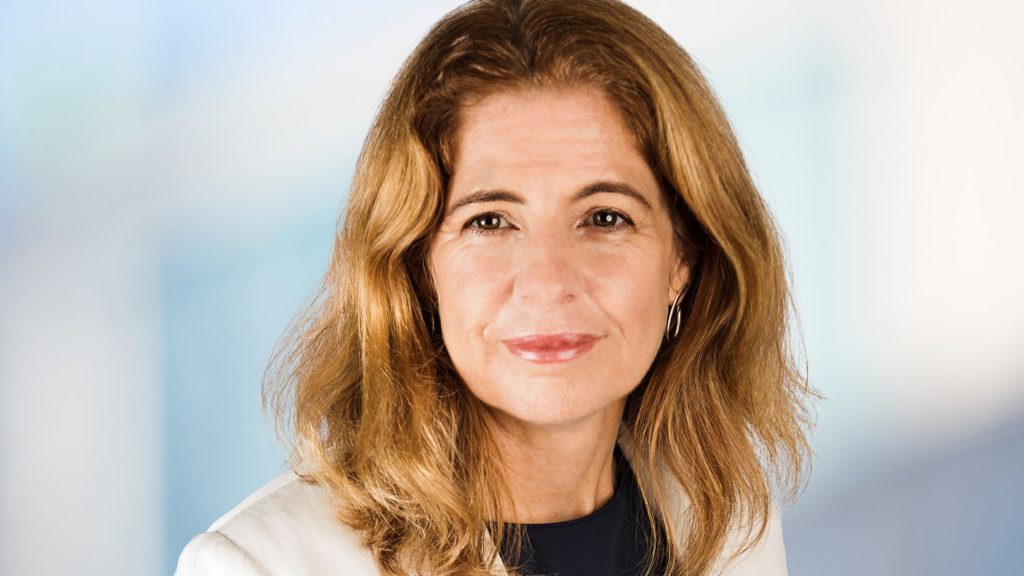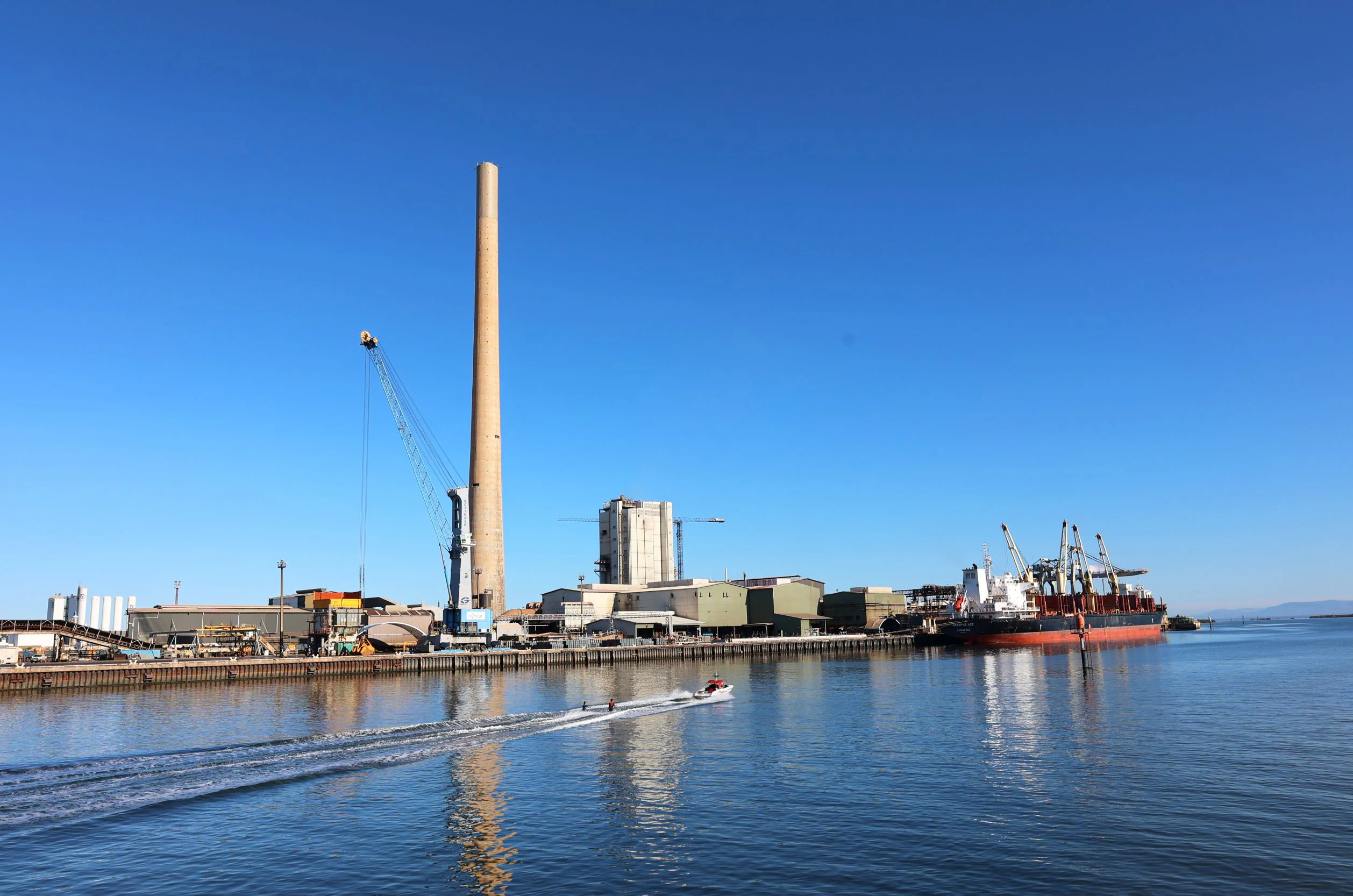One of mining’s top female leaders vows change after abuse shame

Complaints about workplace conduct at Rio Tinto Group have almost doubled in the wake of inquiries that exposed a mining industry rife with sexual abuse, harassment and racism, according to one of the sector’s highest profile female executives.
“It has encouraged our people to speak up about poor conduct on our sites or in our offices, with the number of reports up by 95%,” Kellie Parker, chief executive for Australia at Rio, the world’s No. 2 miner, said in a speech Friday. “The process of publicly airing these matters has built trust and accelerated the momentum for change.”
A landmark report on Australia’s mining sector published in June detailed a shocking catalog of abuse and violence against women working for top miner BHP Group, Rio and other major companies. That investigation — by the Western Australia government — followed Rio’s own earlier inquiry which found more than a quarter of its female staff had experienced sexual harassment, and more than half of all employees had been bullied.
Rio’s report “sent an immediate and unmistakable message to our people that we were treating the matter seriously,” Parker, who joined the company in 2001, said in Melbourne. The company is implementing recommendations that include greater accountability and efforts to encourage individuals to report abuse.
The industry’s toxic workplace culture is now a focus for legislators and investors who’ve pushed commodities giants to improve their environmental and social governance. Areas of concern span relations with indigenous communities to gender diversity and timid progress on climate issues.
Those who are skeptical on the industry’s willingness to reform point to events like the annual Diggers and Dealers conference held this week in Kalgoorlie, Western Australia. Male speakers vastly outnumbered women, and delegates mingled outside the conference venue at bars that employ topless bartenders, known locally as skimpies.
“If you had asked me at the start of my professional career whether I thought I would still be talking about gender diversity in 2022, I would have thought that we would be living it by now,” Fortescue Metals Group Ltd. CEO Elizabeth Gaines said in a speech Tuesday via videolink to the Kalgoorlie forum. Gaines, stepping down this month as one of the industry’s few female leaders, was the only woman among 26 presenters on Tuesday, she said.
The sector’s C-suites need to do more to understand the challenges faced by women and employees from diverse backgrounds, Lynas Rare Earths Ltd. CEO Amanda Lacaze told the same conference Wednesday. “It breaks my heart, really, that our industry is still not making significant progress in this area,” Lacaze said. “I talked to a lot of my peers and none of them are in denial about the challenges we need to address.”
Rio is also seeking to repair relations with Australia’s indigenous communities and the wider public after revulsion over its decision in 2020 to blast for iron ore at Juukan Gorge in Western Australia, decimating two ancient Aboriginal heritage sites. Artifacts found at the cave-like shelters had indicated the locations were used by people as many as 46,000 years ago.
“We had focused too much on our short-term needs and transactional dealings, and neglected the connections and rapports that we spent so long building over the previous generation,” Rio’s Parker said in her speech. The miner is currently working with traditional owner groups across its operations to improve the co-management of sites, she said.
(By David Stringer, with assistance from Liz Ng and Annie Lee)
More News
{{ commodity.name }}
{{ post.title }}
{{ post.date }}




2 Comments
Carlos Gardel
Wow. She looks like she has worn out a few pairs of Italian high heels in mining company offices. Maybe she should try putting on some safety boots and work a shift or two driving an underground drill rig.
Balter
I agree, but women seldom work their way up, which creates resentment regardless of gender – college and university grads inserted into management level have not “worked their way up” and it shows in day-to-day decision making (most couldn’t run a lemonade stand) No doubt after twenty years she knows a thing or two. And several more qualified candidates were stepped on in the name of “diversity” imposed by some bureaucrat in a distant government office.